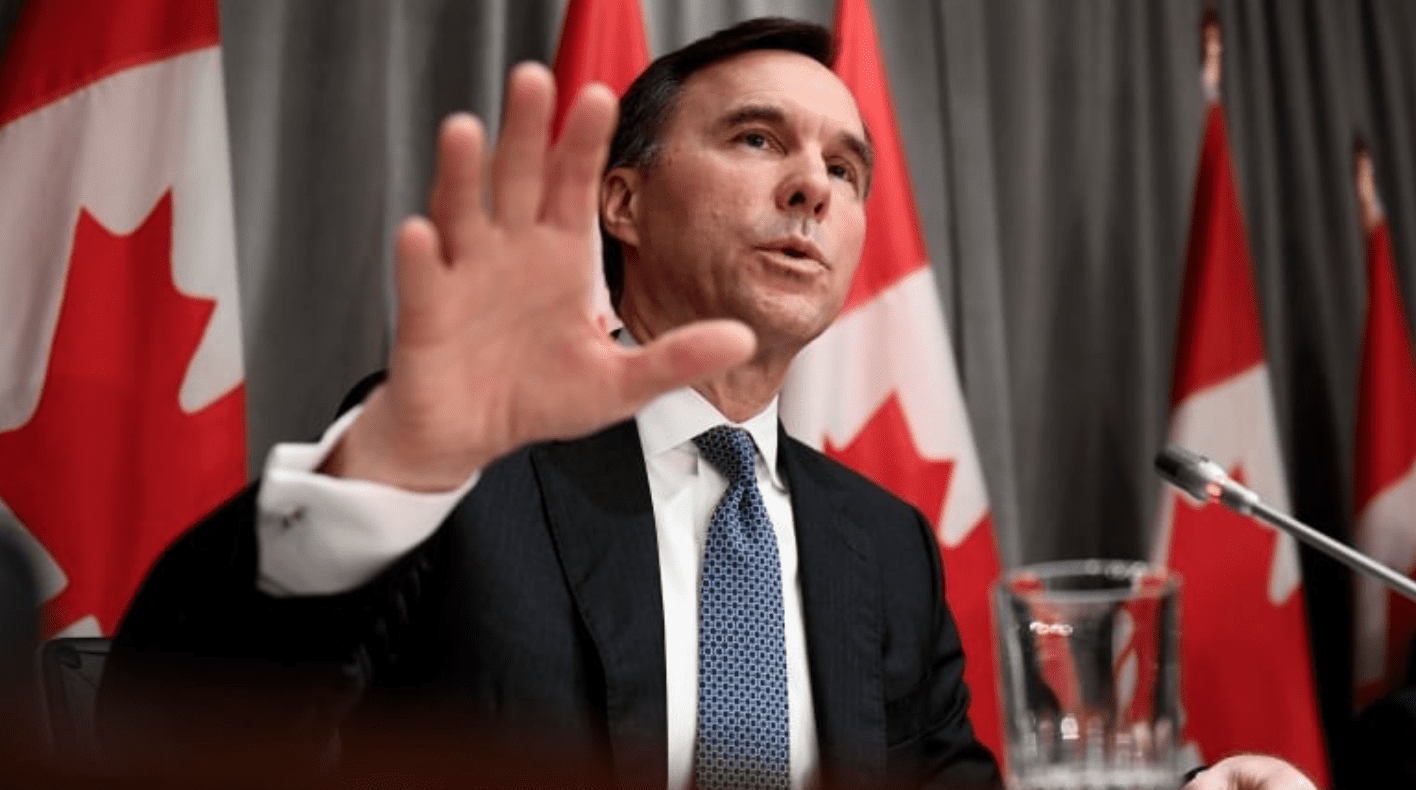On March 19 the Alberta government announced free access to whiz -bang medical app Babylon by Telus Health so patients could meet with Alberta-licensed physicians through their smartphone.
Health Minister Tyler Shandro was quoted in the release saying "This app … comes at a time when our health system is actively asking people to self-isolate as a result of the COVID-19 pandemic. Using this app is an alternative to visiting physicians face-to-face when you're not sure if your symptoms are related to the novel coronavirus or at any other time."
It looked like a win-win to the government: Babylon feeds into the isolation principles of the official Covid-19 response; it could help out Albertans without access to a regular family doctor and since it is contracted under an alternative relationship plan (ARP) it played neatly into the UCP government's determination to break the fee-for-service model used by most Alberta doctors.
The resulting tornado of protest from doctors and the opposition proves that even in this time of crisis, there is still some requirement for governments to think out all the ramifications before acting.
The opposition and other critics jumped just as quickly as they would have during more normal times on the perceived threat to public medicare. Telus is partnering with UK-based heath tech firm Babylon to offer the service. While the province's doctors are asking for a universal telehealth solution so all doctors can meet virtually with patients, it appears the province is promoting a private company with a small cadre of contracted doctors.
For doctors who did want to meet virtually or by phone with patients during the current pandemic, the province initially proposed to revive a billing code offering $20 a visit. Doctors pointed at the richer $38 deal with Babylon doctors and howled. The government caved and bumped the virtual billing code up to match the Babylon compensation.
The NDP opposition jumped on the issue of privacy concerns. Telus may be seen as benign in its western Canadian home, but its partner Babylon is a foreign-owned entity. Patients health details and actual virtual doctors' visits will be stashed in offshore servers.
Nonsense, said the Alberta health ministry, the doctors are covered by all the relevant privacy requirements. Unfortunately the Babylon Telus Health privacy policy includes the usual complement of scary boilerplate such as: "video recording of patient visits is copied and stored on Babylon's servers, and that the video may be shared with corporate partners and entities outside of Canada, including foreign governments."
Telus Health filed the necessary initial documents with the province's privacy commission, but a full privacy review won't be completed for a year, the commission informed CBC.
The Alberta Medical Association has mounted a concerted campaign against Babylon, which was not the subject of prior consultation between the government and AMA. Patients can't see their regular family doctor through the app, nor are they guaranteed of seeing the same physician on Babylon more than once, argues the association.
"This type of care results in fragmentation and disruption of continuity of care," says AMA President Christine Molnar in a public statement.
She argues that the Babylon doctors, without familiarity with a patient's history and continuing treatment plan, will order up more tests, specialist referrals and hospitalizations, resulting in more cost to the system.
Molnar says the government needs to stop advertising for one private option, but rather provide virtual options for all provincial doctors. And if doctors are allowed to continue virtual care after the pandemic, all doctors, not just Telus Health doctors, need to have equal access.
Babylon has only inflamed the battle which continues between the government and the doctors over recent provincial budget's tightening of physician payments and general healthcare cutbacks.
The government has been put somewhat on the defensive over Babylon, although it hasn't offered to dump the contract, as the NDP has demanded.
Health Ministry spokesman Steve Buick has told reporters the platform is not intended to replace the family doctors.
"It provides a new and convenient option for publicly funded virtual physician visits to supplement existing services," he told CBC in an email.
Premier Jason Kenney's director of issues management Matt Wolf is leading the Twitter pushback, basically telling critics the app is optional so if they don't like it, don't use it.
Whether Babylon was an attempt to begin sliding privatized medicare into the province or an effort to help out vulnerable Albertans at a time of high anxiety, the whole initiative could have used a bit more thought.










